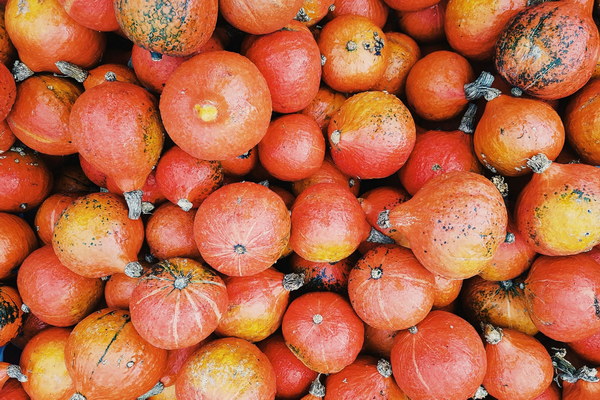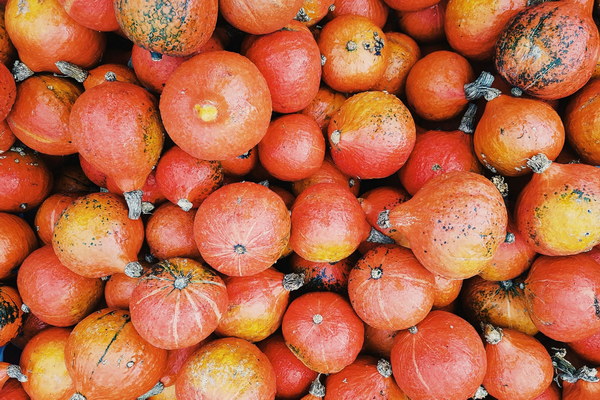Do Boiled Chestnuts Really Boost Kidney Health
In traditional Chinese medicine, chestnuts are often praised for their health benefits, particularly their ability to tonify the kidneys. But the question remains: Do boiled chestnuts really boost kidney health? This article delves into the folklore, nutritional content, and scientific research to uncover the truth behind this common belief.
The Folklore and Traditional Beliefs
Chestnuts, also known as marrons in some cultures, have been a staple in many cuisines for centuries. In Chinese cuisine, they are particularly revered for their supposed kidney-boosting properties. According to traditional Chinese medicine, chestnuts are believed to strengthen the kidneys, improve vitality, and enhance fertility. These beliefs are rooted in the idea that food can have a direct impact on the body's organs and overall well-being.

Nutritional Content of Chestnuts
To understand the potential benefits of chestnuts, it's important to look at their nutritional content. Chestnuts are high in carbohydrates, with about 27 grams per 100 grams of chestnuts. They are also a good source of fiber, providing about 2.7 grams per 100 grams. In terms of protein, chestnuts have about 5 grams per 100 grams, which is relatively low compared to other nuts.
Chestnuts are also rich in various vitamins and minerals. They contain vitamin C, vitamin B6, potassium, and magnesium, among other nutrients. These vitamins and minerals play important roles in maintaining overall health, including kidney function.
Scientific Research on Chestnuts and Kidney Health
While traditional beliefs suggest that chestnuts can boost kidney health, scientific research has not fully confirmed these claims. Some studies have suggested that the high potassium content in chestnuts may benefit kidney function, especially for those with kidney disease. Potassium is crucial for maintaining fluid balance and nerve function, both of which are important for kidney health.
However, more research is needed to determine the exact impact of chestnuts on kidney health. Some studies have focused on the effects of chestnuts on kidney function in animals, while others have examined the role of chestnuts in human nutrition. So far, the evidence is mixed, and more research is necessary to draw definitive conclusions.
Potential Risks and Considerations
While chestnuts may have some benefits for kidney health, it's important to consider potential risks. For individuals with kidney disease, high potassium levels can be harmful and may exacerbate their condition. It's always best to consult with a healthcare professional before making significant changes to one's diet, especially if they have pre-existing health conditions.
Additionally, chestnuts are high in calories and carbohydrates, so they should be consumed in moderation as part of a balanced diet. Overeating chestnuts or any other food can lead to weight gain and other health issues.
Conclusion
In conclusion, while chestnuts are often praised for their kidney-boosting properties in traditional Chinese medicine, the scientific evidence is not conclusive. While they do contain nutrients that are important for overall health, including kidney function, more research is needed to establish a direct link between chestnuts and improved kidney health. As with any dietary change, it's important to consider individual health conditions and consult with a healthcare professional before making significant alterations to one's diet.









